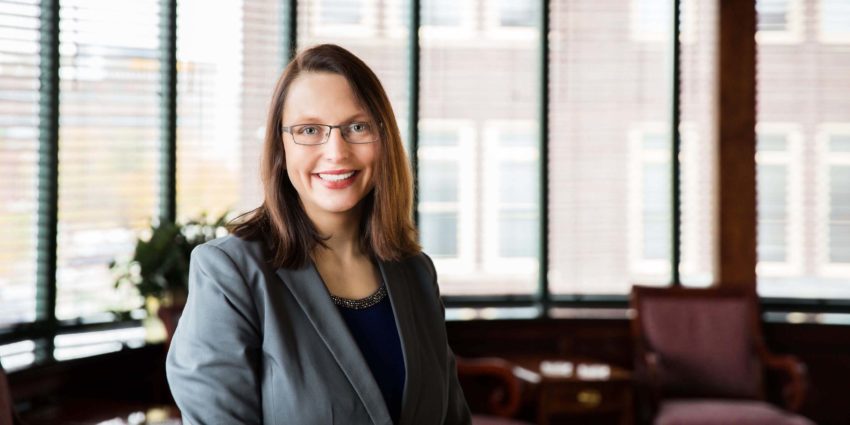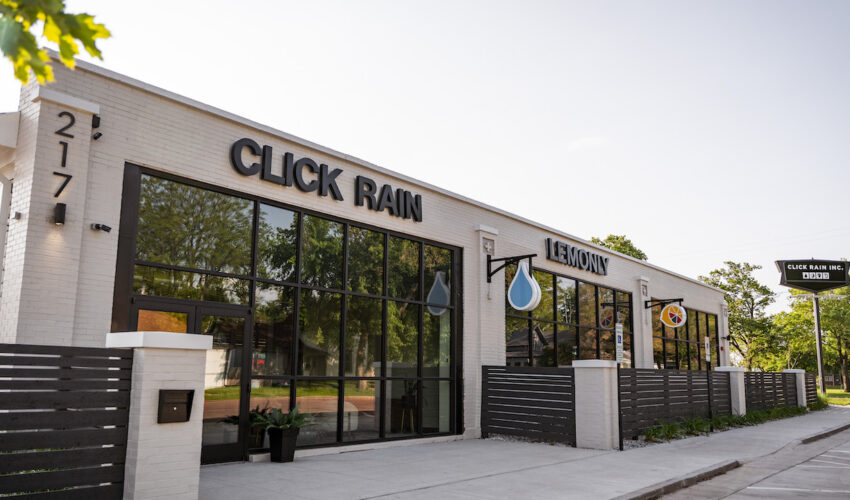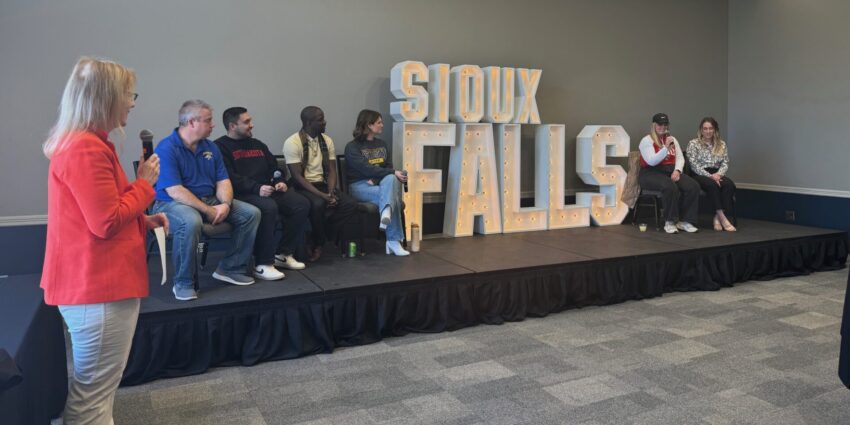Certification programs can offer benefits for women entrepreneurs
Oct. 24, 2019
This paid piece is sponsored by Woods, Fuller, Shultz & Smith PC.
By Carey A. Miller, business and intellectual property attorney
In the United States, more than 12.3 million businesses are owned by women, employing more than 9 million people and generating $1.8 trillion in annual revenue. In the past couple of years, women have been starting businesses at the rate of 1,821 per day. With plenty of competition from other businesses, female business owners may want to consider certification as a woman-owned business. Certification can help a woman-owned business increase its visibility, provide networking opportunities and create business possibilities.
What is certification?
There are several types of women-owned business certifications. The Women-Owned Small Business, or WOSB, and Economically Disadvantaged Women-Owned Small Business, or EDWOSB, certifications are considered by federal government agencies when seeking to work with women-owned companies. In fact, the federal government has a statutory goal of awarding 5 percent of eligible prime contracting funds to women-owned small businesses. If your business is pursuing private sector, nonprofit, or state or local government work, you may consider the Women’s Business Enterprise, or WBE, certification. In addition, several state and local agencies offer certification programs.
Who qualifies?
In general, women-owned businesses are required to be for-profit entities with at least 51 percent of the business controlled by women who are U.S. citizens. A woman must manage the day-to-day operations, must hold the highest officer position in the business and work at the business full time. A woman and a man can own the company jointly, but the woman must be the majority owner and demonstrate her management and control of the company.
Benefits of certification
While certification doesn’t guarantee anything for a woman-owned business, it can provide potential advantages when pursuing business opportunities and government contracts:
- Federal government agencies are required by law to meet goals for giving a certain percentage of their contracts to WOSBs or EDWOSBs. In industries where women have been historically under-represented, some federal agencies even set aside a certain percentage of their contracts for WOSBs or EDWOSBs.
- State and local governments, nonprofit and private sector businesses often have similar quotas to meet. Certification can help your small business get in the door to compete with larger companies for contracts.
- Large companies and government agencies will send out a request for proposal to submit business proposals and contracts through the WBE. Certified companies then receive a notice about upcoming project opportunities. Many companies, such as Target and Starbucks, have specific initiatives to work with WBE-certified companies.
- If you already work with corporate or government clients, certification as a woman-owned business could open up even more opportunities within those companies.
Certification process
It is possible to self-certify your business as a WOSB or EDWOSB through the U.S. Small Business Administration. Simply register with the System for Award Management at SAM.gov, and then visit Certify.SBA.gov and provide all requested documents. However, the National Defense Authorization Act for fiscal 2016 eliminated the self-certification process. The SBA has not decided yet how it will implement the change, so while you can self-certify for now, eventually it will not be an option.
There are third-party organizations authorized to provide WOSB and EDWOSB certification, and all of them also can certify your company as a WBE. Check with the Women’s Business Enterprise National Council, National Women Business Owners Corporation or the U.S. Women’s Chamber of Commerce.
Certification isn’t guaranteed, and while it can be an involved process, it’s one that can have significant payoff in the long run. Consider your type of business and potential customers as you investigate the type of certification that might make sense for your organization. Once certification is obtained, it can open new avenues of business and be an incredible marketing tool for a woman-owned business.
For additional information about how to properly structure your organization in order to qualify for WOSB certification, contact Woods Fuller attorney Carey Miller, or visit woodsfuller.com.








